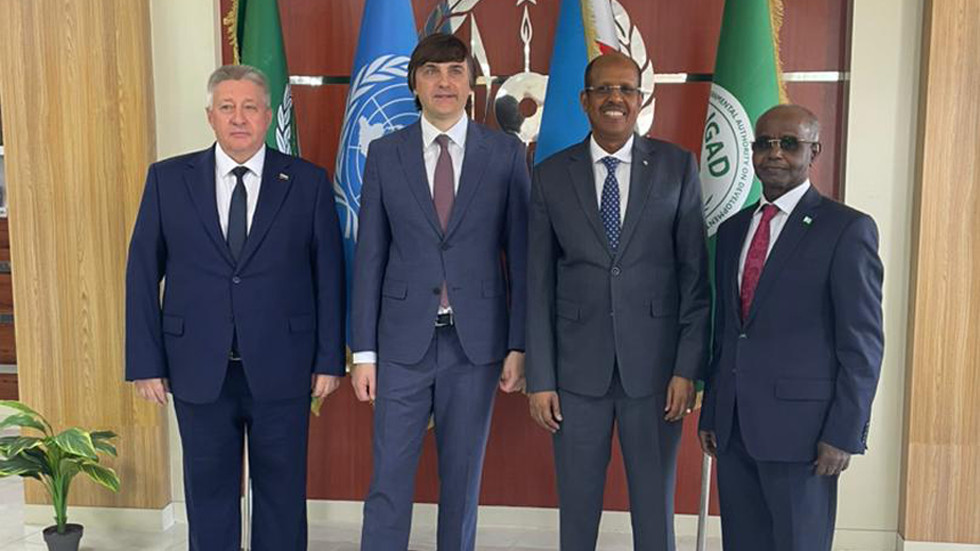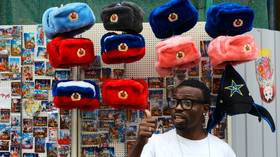Officials from both countries have met and agreed to continue working together to develop their already strong relationship
Russian Education Minister Sergey Kravtsov has paid a working visit to Djibouti to discuss deepening bilateral relations and cooperation in education with the East African nation, the ministry’s press service has reported.
Kravtsov and his delegation met with his Djiboutian counterpart Mustafa Mohamed Mahamoud and Nabil Mahamoud Ahmed, minister of Higher Education and Science, during the four-day trip, according to a press release published on Tuesday.
Others who participated in the talks included Prime Minister Abdulkader Kamil Mohamed, Foreign Minister Mahmoud Ali Yusuf, and Jama Mohamed Hassan, president of the University of Djibouti.
“The parties noted that Russian-Djiboutian relations are at a high level and emphasized the need for their further development,” the press service stated.
The officials discussed key education-related topics, including “studying the Russian language in Djibouti, professional training for students, and the implementation of previously reached agreements between Russia and Djibouti,” the Russian Education Ministry said in a statement posted on its Telegram channel.
In the summer, Moscow and the Horn of Africa nation signed a memorandum of cooperation in vocational training and exchange programs on the sidelines of the international forum of education ministers, ‘Shaping the Future’, held in Kazan.
The agreement, according to the Russian Education Ministry, aims to improve Djibouti’s state educational standards and programs, encourage Russian language study, and support student competitions and Olympiads.
Since September, the Russian Center for Open Education is said to have been operating in the African country.
International students from Africa have shown increasing interest in studying in Russia in recent years, according to Russia’s agency for international cooperation, Rossotrudnichestvo. In November, the federal agency for international cooperation reported that African candidates had submitted more than 14,000 applications for the 2024-2025 academic year alone. The majority of them have applied through the Russian government’s education quota program, which offers free tuition, subsidized dormitory accommodation, and stipends.
Last week, State Duma Deputy Speaker Aleksandr Babakov announced that Russian lawmakers had submitted proposals to the nation’s government for funding to support students from African countries.
You can share this story on social media:




